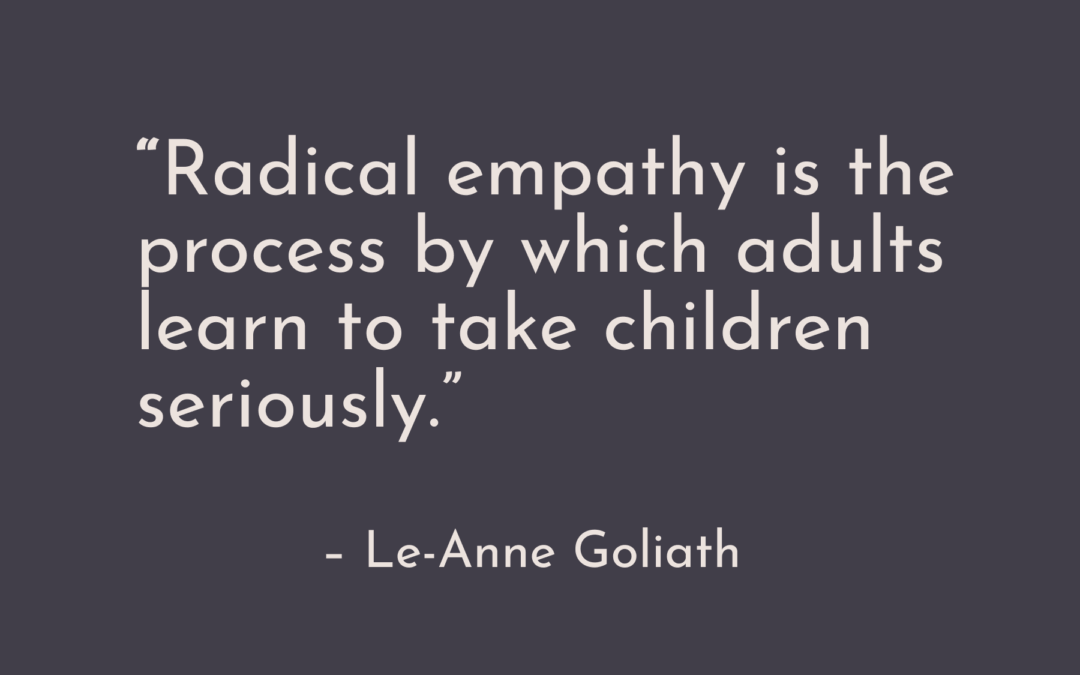In brief
In July, we published ‘Developing the Framework‘; an extended blog written by Tony Clements which lays out 10 ways in which local authorities can help community engagement to thrive. In this follow up blog, Tony reflects on the subsequent discussion we hosted and the idea that modest cultural change within councils can have on mobilising communities.
Tony Clements

In ‘Developing the Framework’ we sought to cover all bases, including top-down legal changes, different training for council staff, approaches to inspiring community activity, alternative methods of spending council cash and much else.
In the subsequent discussion, I was most struck by the power of modest cultural change on the part of councils, and how effective that was in mobilising the community to tackle the privations of lockdown.
Many in the voluntary sector felt a shift in the attitudes of their council during lockdown: demonstrating trust, sharing power, showing humility, listening and learning more.
There were lots of simple and powerful examples of this. Councils giving grants to voluntary sector leads with complete discretion as to how they should be spent. Previously insurmountable barriers to working with the council suddenly melting away: new ways of managing data security, different approaches to DBS checks. Councils trusting local partners’ judgements about where need was and how it could be best addressed. Council officers willing to ‘walk with’ others in the community to see and learn what was working well and what was needed. Councils eschewing their impulse to write a neat strategy in place of supporting and enhancing the messy activity that was already there.
At a micro-level these examples look simple, but cultural transformation to make a whole organisation behave differently is incredibly difficult.
So many of the successes hinge on the individual attitudes and behaviour of council staff. A typical London Borough, for example, has 3,000 staff. That’s a lot of people to get to behave
differently, consistently.
I think the real challenge for our ‘Framework’ for councils is how to create more space for community influence and more opportunity for community action as a form of bottom-up transformation.
The more the public sector works in this way, the more comfortable we become. The ‘risks’ which public servants fear become mitigated by practice and experience. The unintended consequences of council policies that hinder community activity become more visible to the decision-makers.
The community hubs set up by most councils during lockdown are one example of change and transformation through new practice. These were places with all the different professional disciplines of the public sector, the community sector and volunteers under one roof.
This seemed to engender a culture of collectively addressing a problem with whoever was the best placed to help. What are the outcomes we need? Not who does the problem belong to?
Councils have felt the power of this way of working in recent months as much as their partners have valued it. Few councils will disband their hubs and many are considering how they put more services into these collaborations.
In public policy, we often post the question of what should government do? This work for me highlights the importance of how we do government. If it is open enough, transparent enough and collaborative enough, much of the ‘what’ can emerge as locally specific, pursued by the council, its residents and the voluntary and community sectors.
We used the term ‘eco-system’ to describe the independent civic and community action that emerged during lockdown.
An eco-system doesn’t have an aim or an outcome, but its richness and resilience springs from the diversity and interconnectedness of its parts. Councils are always part of that eco-system and many have a new realisation from this crisis of their power in connecting the different parts of their communities.
Read more

Taking children seriously: A radical empathy for our times
Le-Anne Goliath is a doctoral researcher in Social Psychology at the University of Sussex. Her research examines how radical empathy can foster resilience and a sense of belonging in children affected by trauma in schools. Originally from Cape Town, she has taught...

Taking children seriously: A radical empathy for our times
Le-Anne Goliath is a doctoral researcher in Social Psychology at the University of Sussex. Her research examines how radical empathy can foster resilience and a sense of belonging in children affected by trauma in schools. Originally from Cape Town, she has taught...
